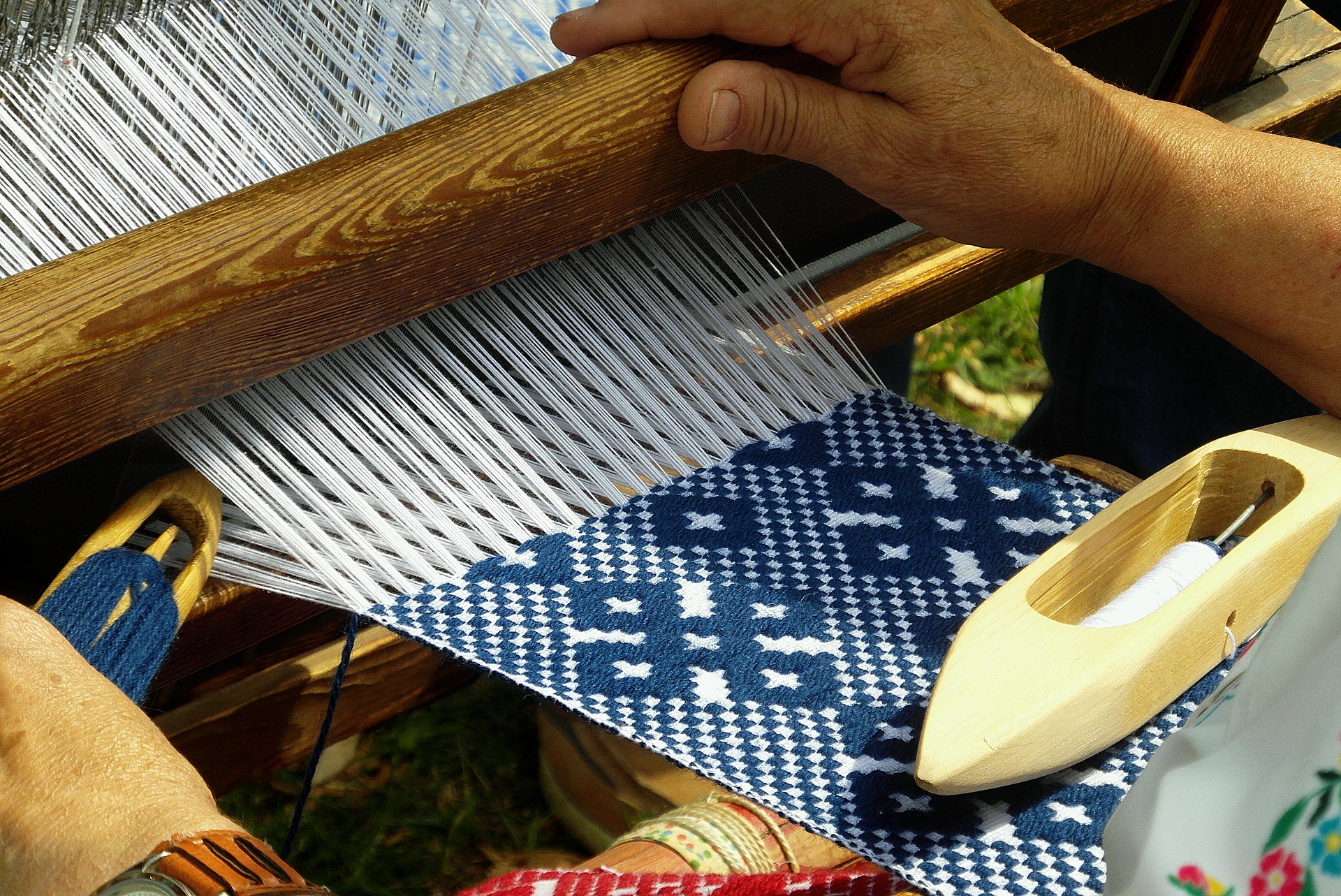
Fair Trade Clothing: An Integral Part Of Ethical Fashion

Fair Trade Is An Integral Part Of Ethical Fashion Besides Sustainability. Though Many Of Us Are Aware Of Sustainable Practices Being Important, There Still Needs To Be More Awareness For Ethical Work Practice And This Blog Covers That. We Talk About Fair Trade, Its Significance And What It Involves.
Introduction
Ethical fashions or Ethical apparel manufacturing means your clothing is not just eco-friendly but also people-friendly. It means all process involved in the making of that garment from scratch including textile manufacture, design, production, and distribution makes sure that the people working are benefitted and not harmed. We are well aware of the Environmental-friendly aspect of it though many a time people are unaware or passive about the working condition of the people involved. Thus, we will discuss about this other integral part of ethical fashion- Fair Trade Clothing.
What is Fair Trade?
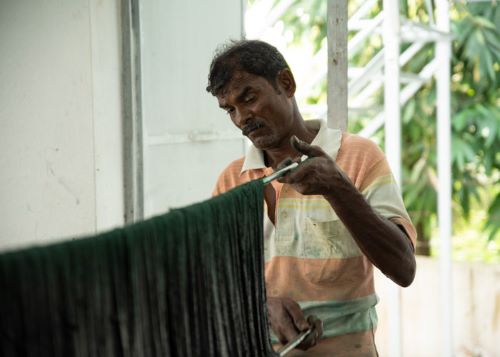
Fairtrade is a global movement to promote trade that is equal, just, and empowering. Fair trade clothes are not made using unethical practices in business, such as low waged labour or child labour. Fairtrade focuses on creating dignified and empowering employment for workers in underserved areas. It lays down guidelines for apparel manufacturing that put significant restrictions on the basic free trade model.
Significance of Fair Trade:
Without clarity & transparency in companies on how, where, and by whom clothing is made, consumers often become overwhelmed and easily susceptible to greenwashing, as well as misinterpreting a brand’s specific ethics. Certifications, thorough reports and honest answers to consumer questions are the best way for brands to help dissipate confusion. Even though due to the decentralised model, we are yet to be able to get certified, we have been transparent by actively sharing the process and the people behind them.
Fairtrade is an alternative approach to conventional trade and fosters a partnership between producers and consumers. Fairtrade offers producers a better deal, ensures protection of the environment and empowerment of the vulnerable in the rural societies.
It allows producers the chance to improve their lives and plan for their future. Fairtrade offers consumers a powerful way to reduce poverty through their everyday choices.
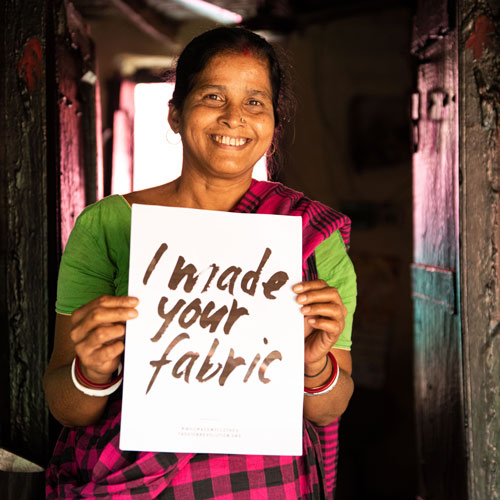
The Rana Plaza Incident:
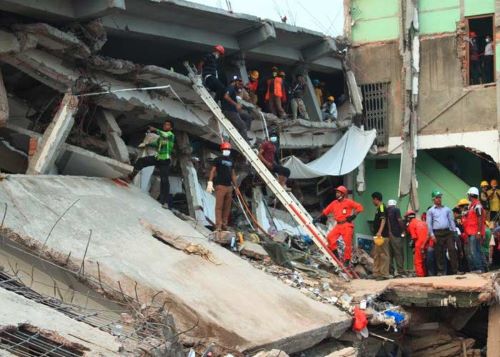
The Rana Plaza Disaster proves the dire need and significance of ethical trade practices. On 24th April 2013, the tragedy of the Rana Plaza collapse unfolded. Rana Plaza was an eight-story building in Bangladesh, and this commercial structure housed thousands of textile labours every day as they toiled for pitifully low wages.
What Fair Trade Movement Involves:
- Long-term employment opportunities for employees.
- Transparency, trust, and respect being the foundation of a Working relationship.
- Fair wages, paid equally to both men and women.
- Safe and healthy working conditions of employees.
- Workers have free speech and can voice their opinions.
- Workers are protected from prejudice, discrimination, and abuse, including sexism, racism, sexual harassment, and more.
- Workers have access to healthcare and time off.
- Opportunity for Workers to improve their skills through further education, job training, and other opportunities.
- Workers have access to financial assistance to help them gain independence and escape poverty.
-Workers’ opinions are valued, and workers can participate in workplace decisions.
- Workers are genuinely happy and comfortable at their jobs.
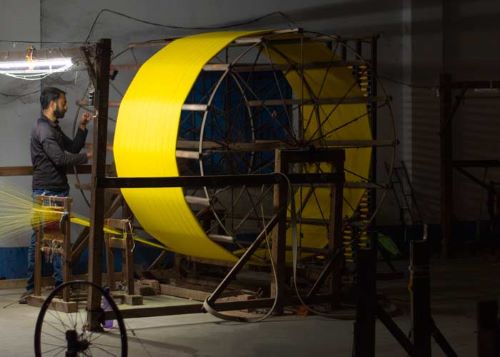
How Is Fair Trade Regulated?
There are organizations throughout the world that are attempting to standardize policies surrounding ethical trade.
At Anuprerna, we work in a contractual agreement with artisans where artisans share their justified rates/wages based on the design complexities and effort/time required for his/her work. We then decide the price of the fabric/textiles adding material, other process expenses from our end. we take all the effort from our side to maintain transparency. We share behind the scenes clips from the different artisans' clusters. In order to empower and motivate our artisans, we share how their creations are being used to make beautiful things by consumers far far away.
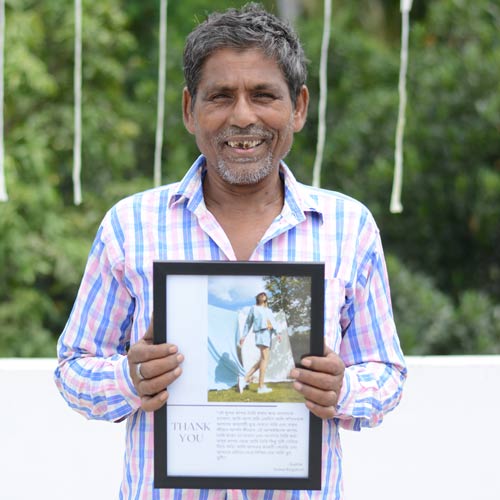
Summary
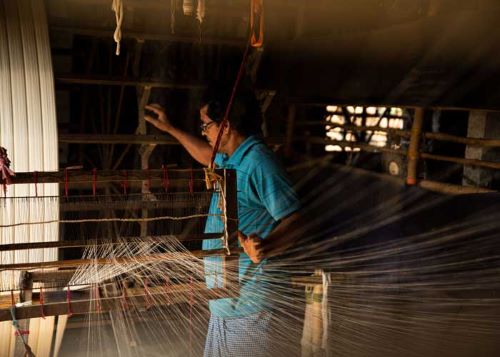
Because of home-based work, there are no work hours decided by us. Usually, the artisans work 7-8 hours only during day time. They give importance to festivals, occasions, family & community responsibilities. We respect this because we understand their comfort and happiness working in such an arrangement. We make sure our artisans are paid fair wages and are not cheated by the involvement of middlemen.
More Blogs

khaadi online shopping guide: khaadi vs organic linen for sustainable summer fashion

khaadi online shopping guide: khaadi vs organic linen for sustainable summer fashion

khaadi online shopping guide: khaadi vs organic linen for sustainable summer fashion
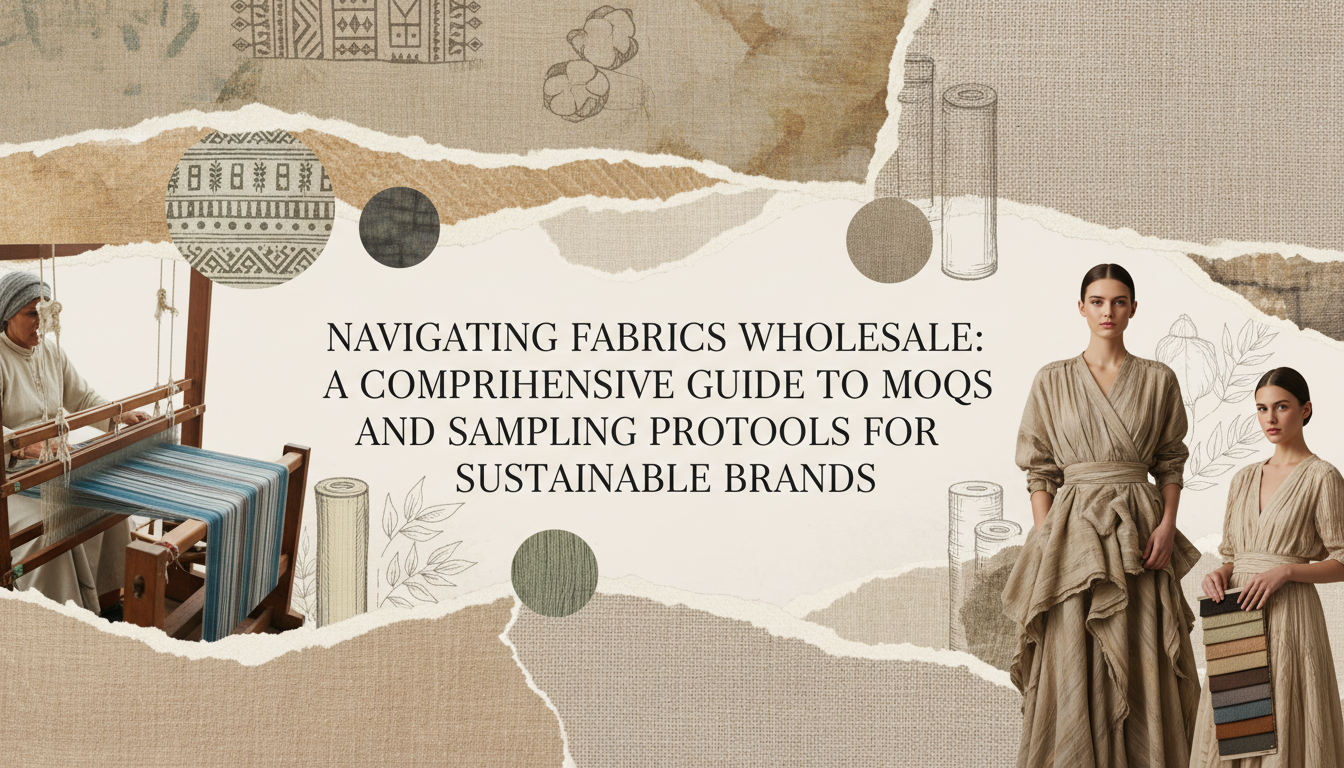
navigating fabrics wholesale: a comprehensive guide to moqs and sampling protocols for sustainable brands
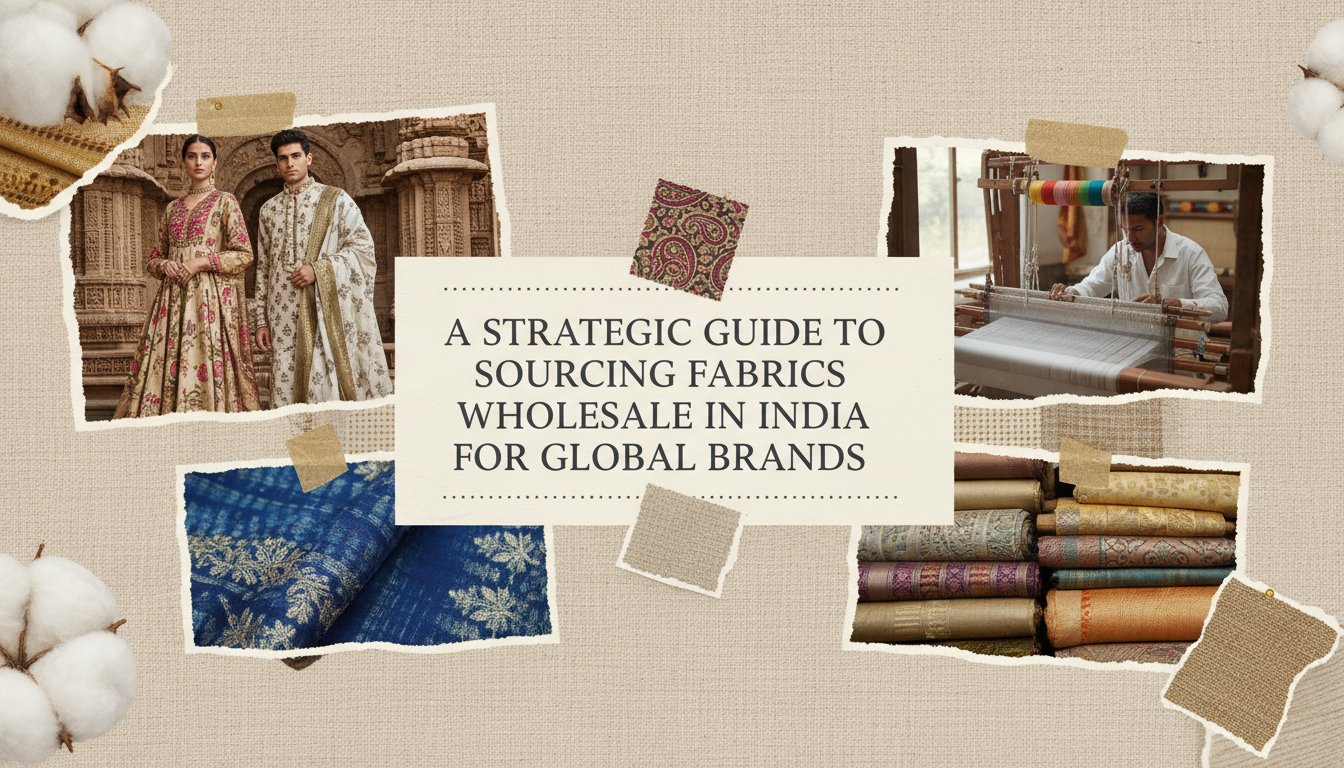
a strategic guide to sourcing fabrics wholesale in india for global brands

ethical supply chains: the sustainability impact of khaadi online shopping






